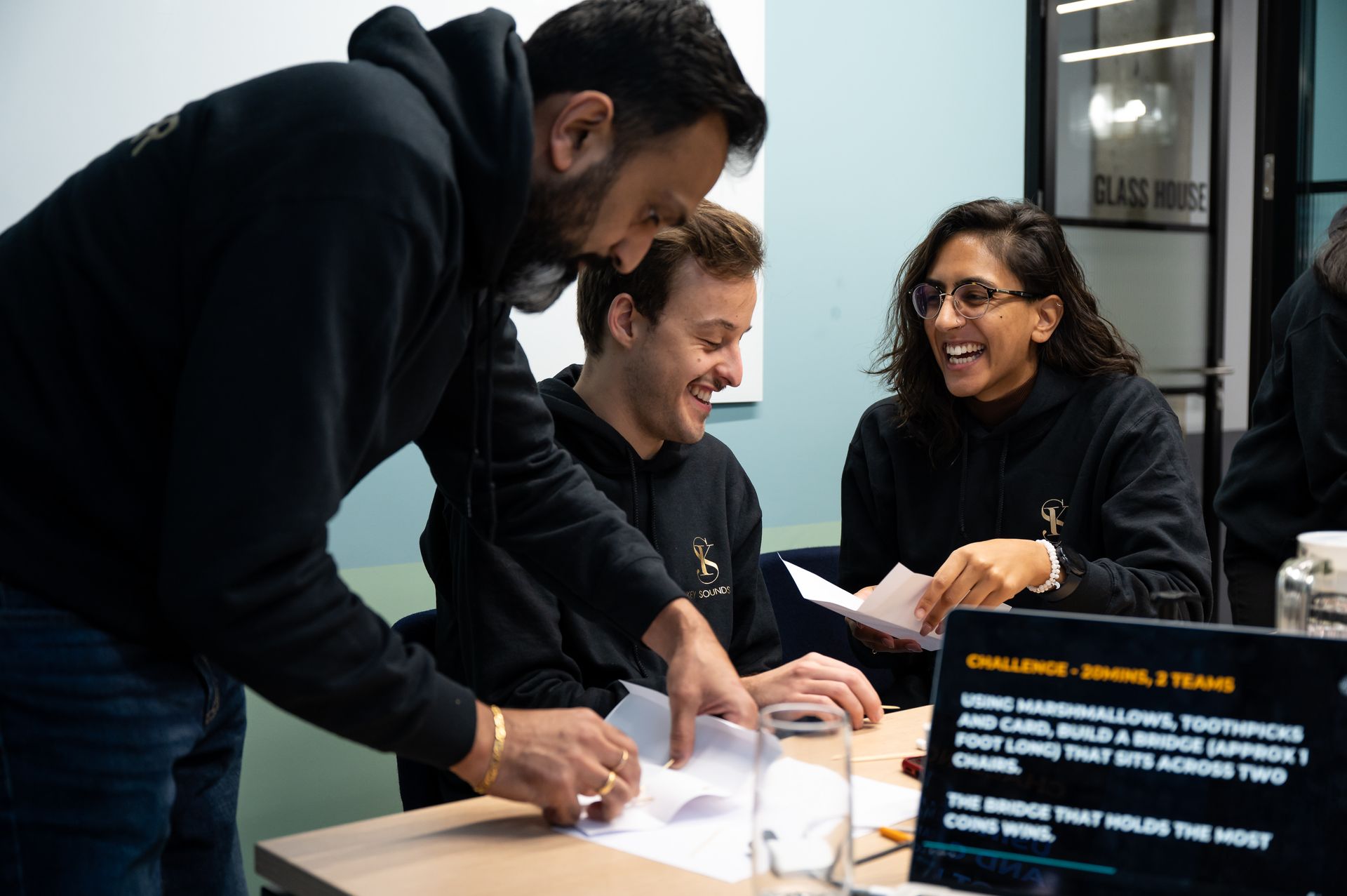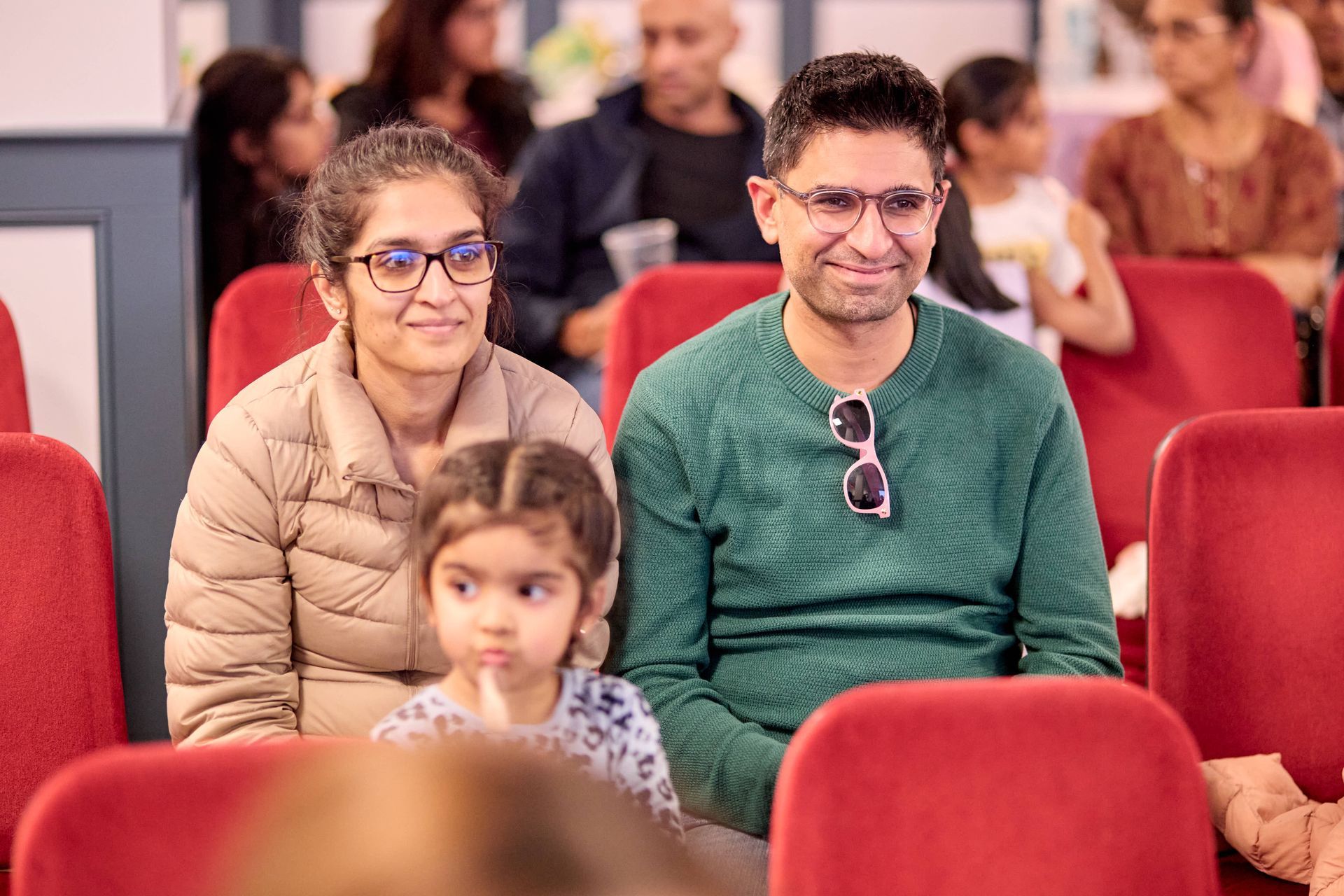How Learning to Play the Piano Can Support our Wellbeing
Studies have shown that learning to play the piano can be a powerful tool for stress reduction and emotional well-being. The act of playing the piano requires a significant amount of focus and concentration, which can serve as a distraction from the worries and stresses of daily life. When you sit down to play, your mind becomes fully engaged in the music, allowing you to temporarily set aside your stressors and anxieties. This mental shift can provide much-needed relief and a sense of escape from the pressures of the outside world.
Moreover, playing the piano offers a creative outlet for self-expression. Music has the unique ability to convey emotions and feelings that are often difficult to express verbally. When you play the piano, you have the opportunity to channel your emotions into the music, whether it's through the melancholic tones of a nocturne or the joyful melodies of an upbeat composition. This emotional release can be incredibly cathartic and therapeutic, helping to alleviate stress and promote a sense of inner calm and balance.
Additionally, the physical act of playing the piano can have a soothing effect on the body. The rhythmic and coordinated movements of your fingers on the keys, coupled with the deep, controlled breathing required for playing, can trigger the body's relaxation response. This, in turn, can reduce the production of stress hormones and promote a state of relaxation and tranquillity. In essence, learning to play the piano provides a holistic approach to stress management, addressing both the mental and physical aspects of stress to promote overall well-being.
If you wish to know more about these hacks and resources, feel free to take a look around our website or connect with us directly!



All Rights Reserved | Key Sounds UK
